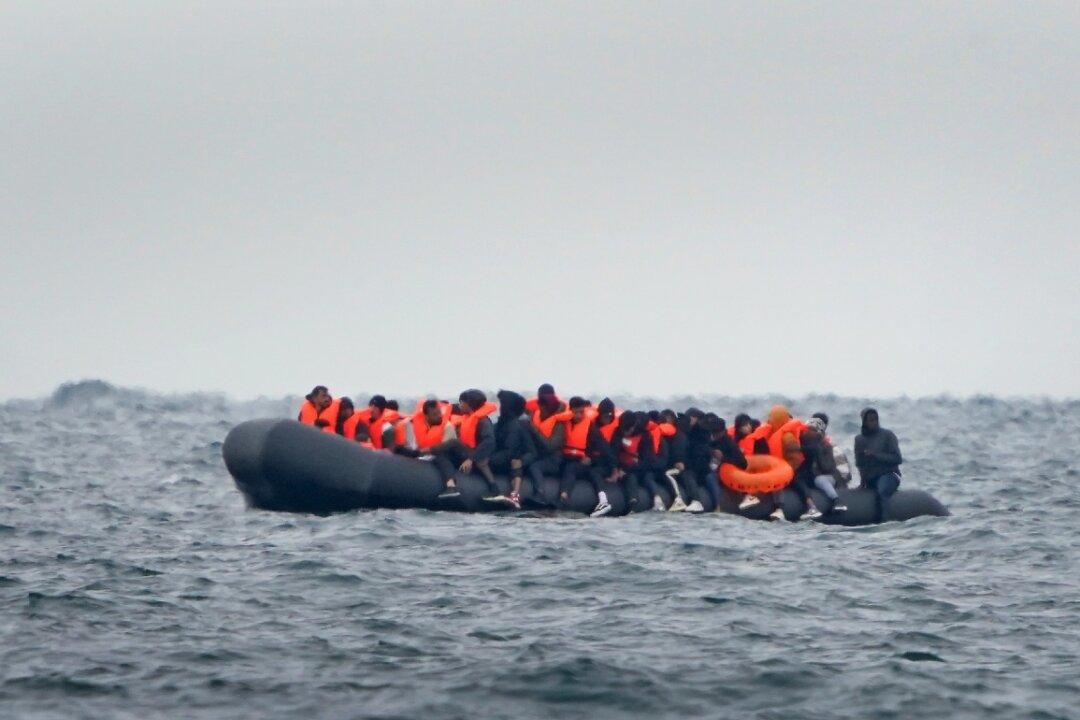Five migrants died on Sunday morning as people smuggling across the English channel resumed following a 27-day pause.
France’s Maritime Prefecture of the Channel and the North Sea said on Sunday morning that five people had died near Wimereux beach, one person was in critical condition, with one more in a less critical condition, and 32 people were supported by the emergency system on land.





